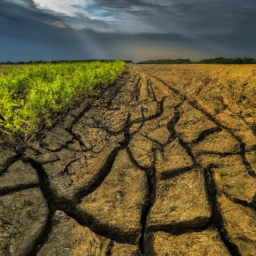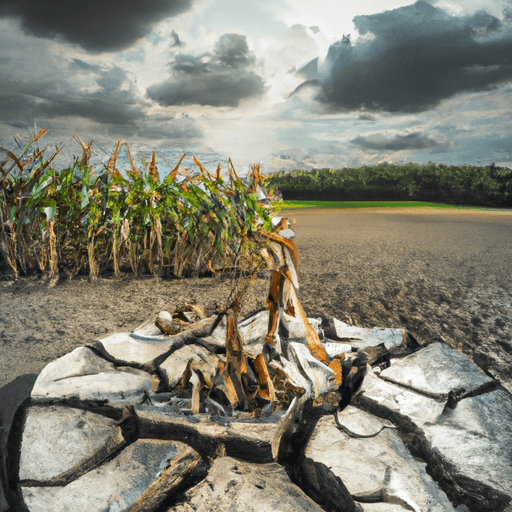473
Newsletter
Subscribe to our newsletter for exclusive content, latest news and trends, and exciting new features.
Categories
Arts and cultureFood and cookingHealth and wellnessLifestyleEnvironment and sustainabilityTravel and tourism
Business and entrepreneurshipGaming and esportsPets and animalsHome and gardenTechnologyBeauty and personal careMusic and EntertainmentEducation and learningScience and natureEntertainmentSports and fitnessLiterature and writing



















Comments
Leave a Comment